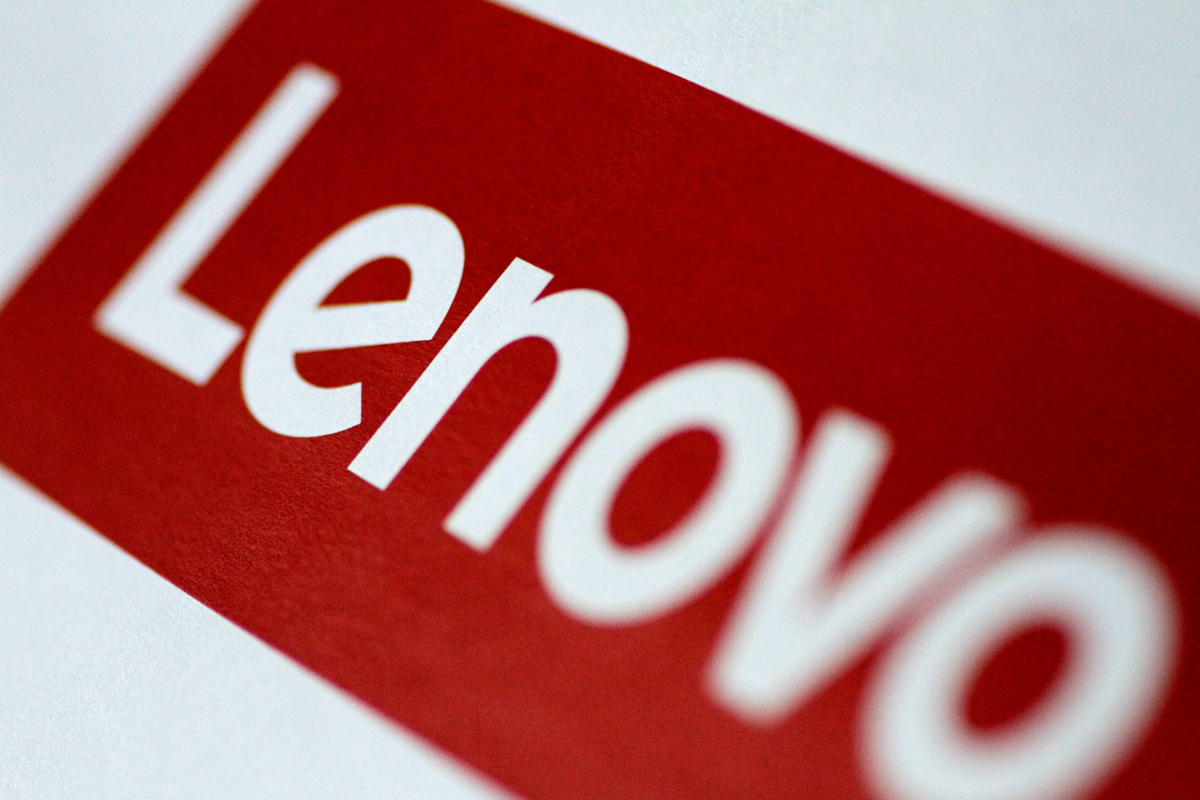If a recently surfaced report is anything to go by, Lenovo may be gearing up to give Microsoft’s next-generation Windows operating system (OS) a run for its money.
Lenovo, a multinational tech known for its ThinkPad business line of laptops, is poised to challenge the Windows 11 successor (version 24H2) by releasing an AI-powered operating system of its own.
At CES 2024, Liu Jun, executive vice president of Lenovo Group, unveiled plans to release their own AI-powered operating system later this year, according to a report by TechRadar. This move marks a major expansion of the company’s AI software offer and further establishes it as a major player in the AI space.
While keeping key details about the company’s OS under wraps, the top executive noted that the software “will be built around multi-terminal products, with a focus on AI PCs and personal agents”.
AI-powered PCs
Lenovo unveiled its latest portfolio of AI PCs in a press release on February 14. The company noted that it will give people a glimpse into its latest portfolio of AI devices during the technology industry’s largest connectivity ecosystem event, MWC (February 26 – 29).
Aside from this, the company confirmed the arrival of 2 new device concepts that it says will “challenge the traditional PC and smartphone form factors”. This series of AI PCs is expected to go official in the first half of this year.
These AI PCs will reportedly support multi-modal natural language interaction capabilities and boast a slew of other exciting features. Also, the company is developing AI-embedded smart terminals, which are designed to provide users with AI while “emphasising privacy and security”.
Lenovo’s AI OS will promote and enhance the development of the AI PC ecosystem while allowing the company’s AI hardware to reach a new stage of development.
Will we get a Windows 12 iteration?
Last year, the rumour mill churned out a lot of speculations surrounding Microsoft’s next Windows OS, which was expected to carry the Windows 12 moniker. In fact, Intel’s CFO, David Zinser also teased the arrival of a major Windows refresh, planned for a 2024 release.
Putting some of the speculations surrounding the new Windows OS to rest, the Redmond-based tech giant confirmed the OS update would be called Windows 11 version 24H2, rather than Windows 12, which was reportedly spotted in Build 2023 last year.
According to Window Central‘s Zac Bowden, Microsoft might have adopted this approach because “it doesn’t want to further fragment the Windows userbase with a third in-market version”. This will also allow Windows 11 users to download it since it will be a mere feature update.
A concerning number of Windows 10 users claim they can’t upgrade to Windows 11 due to Microsoft’s stringent requirements. Meanwhile, Microsoft is more focused on bringing AI tools to its products and services.
Capitalising on Windows 11’s stringent requirements, Lenovo could offer an AI-powered OS with significantly lower minimum specs, allowing more users to access AI.







